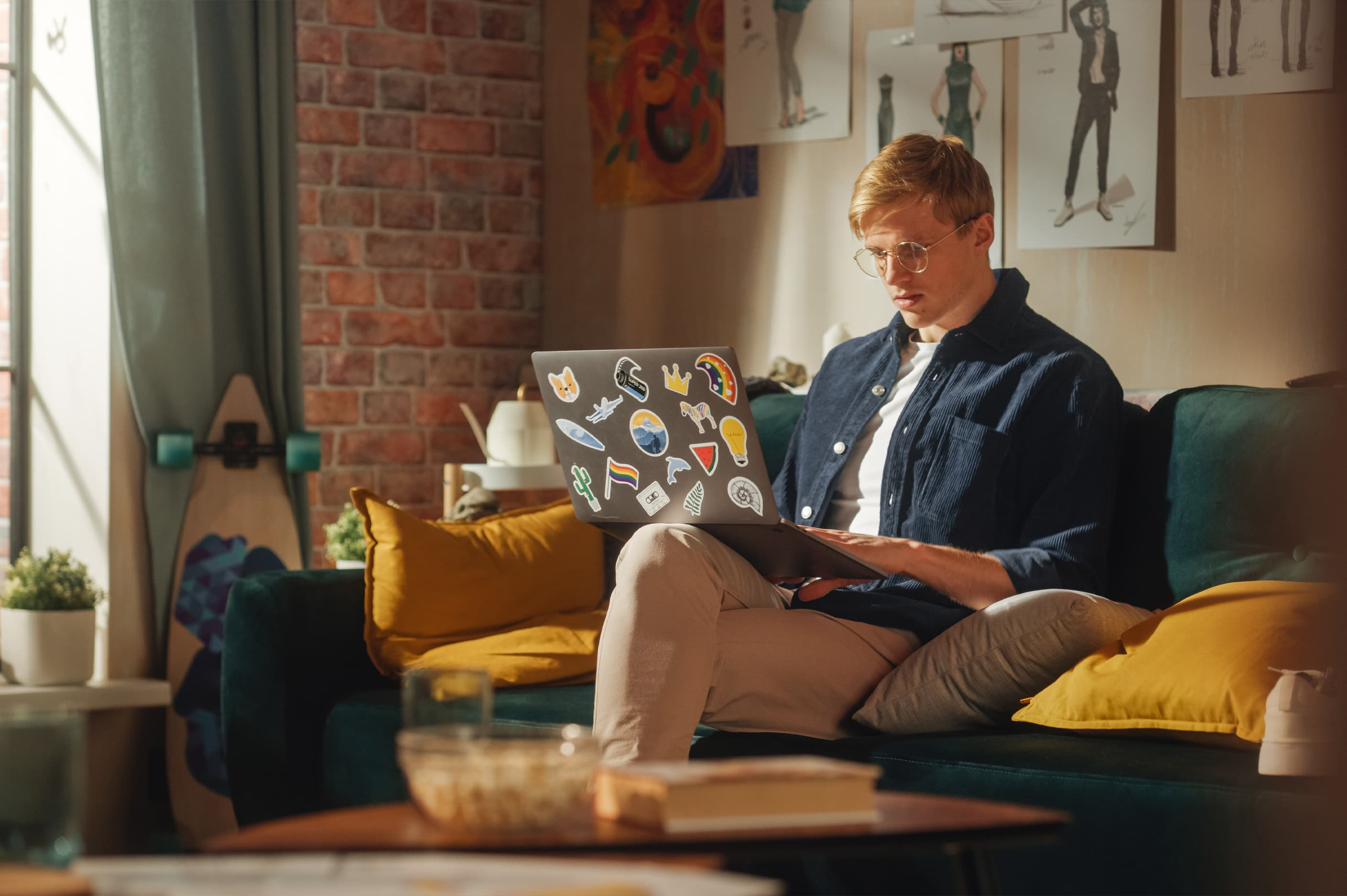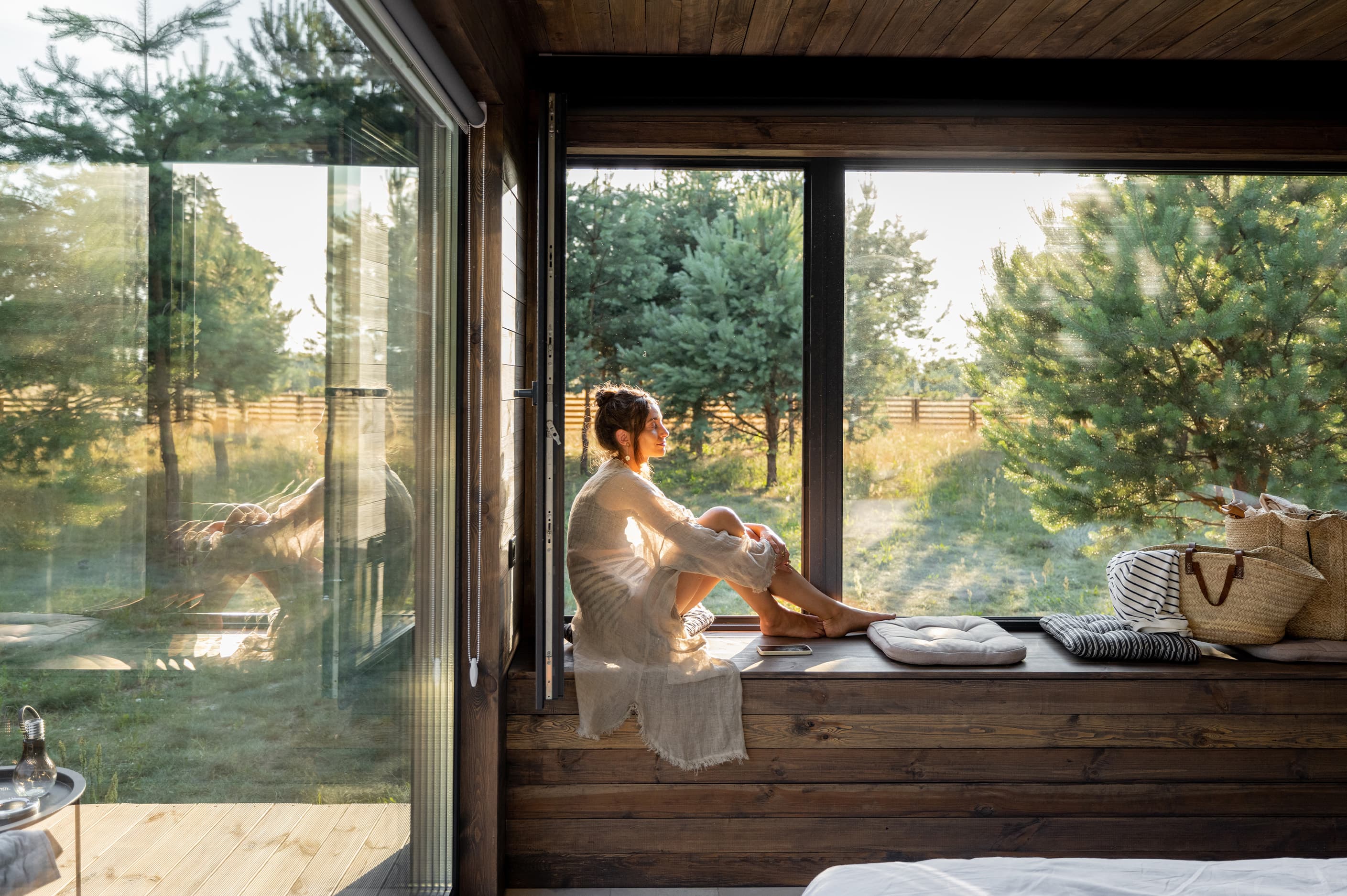Safety and guest screening
Preventing Problems Before They Start: Proactive Safety Tips for First-Time Hosts
New to hosting? Learn how to protect your home, your time, and your guests with proactive safety habits.

Preventing Problems Before They Start: Proactive Safety Tips for First-Time Hosts
The idea of welcoming strangers into your home might feel exciting, but also a little nerve-wracking. While most short-term rental stays go smoothly, the occasional issue can turn into a costly or stressful experience if you are not prepared.
As a first-time host, safety is not just about installing cameras or writing rules. It is about setting yourself and your guests up for success from the very beginning. This guide covers key steps to reduce risk, stay protected, and build a reliable hosting setup that works every time.
1. Start with Secure, Remote-Friendly Entry
Access is the first interaction your guest will have with your property. If it feels stressful or clunky, it sets the wrong tone. A key under the mat is not just outdated, it is also risky.
Install a smart lock or lockbox with a unique code for each guest. Not only does this make check-in seamless, it also gives you more control. You can reset codes instantly between bookings and avoid lost keys or surprise visitors.
2. Use Lighting to Improve Safety and Comfort
Guests arriving late, unfamiliar with the area, need to feel safe the moment they arrive. A poorly lit walkway or dark entrance can create unnecessary tension.
Add motion-sensor lights near entrances, hallways, or outdoor paths. Inside, use warm ambient lighting and bedside lamps to help guests feel welcome and secure. Good lighting is an easy upgrade that improves both comfort and safety.
3. Keep Emergency Info Easy to Find
In the rare case of an emergency, time matters. Your guest should not have to search their inbox for help.
Place a printed emergency guide in a visible spot. Include your contact number, the nearest hospital or clinic, and instructions for using fire extinguishers or first aid kits. Make sure guests know where to find essentials like flashlights, extra batteries, and circuit breakers.
4. Use Sensors That Respect Privacy
You do not need cameras inside your home to monitor safety. Instead, use discreet tools that protect your space without invading guest privacy.
Install noise monitors in common areas to alert you to potential parties or broken rules. Use water leak detectors under sinks or near laundry machines to catch problems early. These devices are affordable, easy to install, and give you peace of mind.
5. Double Check Insurance Coverage
Many first-time hosts assume platforms like Airbnb will cover any damage. But protection is not always guaranteed, and payout processes can be slow or limited.
Before your first booking, check your homeowner’s or rental insurance policy. Consider short-term rental coverage if needed. Having the right protection in place ensures you are not left paying out of pocket if something goes wrong.
6. Set Boundaries with House Rules and Signage
Some risks come from guests who simply do not know what is allowed. A lack of clarity often leads to misunderstandings that could have been avoided.
Make your expectations visible and repeat them across channels. Use your listing, pre-arrival messages, and physical signage in your home to reinforce rules like no smoking, quiet hours, or locked-off areas. Clear communication builds trust and reduces problems before they even start.
7. Keep Maintenance and Safety Gear Up to Date
An overlooked fire alarm or broken stair can quickly become a safety hazard. Even small things like loose rugs or wobbly chairs deserve attention.
Before each stay, do a quick walkthrough to check batteries, locks, windows, and essential gear like carbon monoxide detectors and fire extinguishers. Routine checks take just a few minutes but help you avoid both guest complaints and liability.
In a nutshell: Preparation Creates Peace of Mind
Great hosting is not just about making your property look beautiful, it is about making sure guests feel safe and you feel protected. When safety is part of your setup from the start, everything else becomes easier — communication, comfort, and even reviews.
With these small but powerful habits in place, you can focus on being a great host instead of reacting to problems. Safe hosting is smart hosting, and it starts before your first guest ever walks through the door.
Like this article? Feel free to share it.
Need a human touch?
Our in-house experts are just a call away. Whether you’re stuck on pricing, unsure about your listing, or just need an opinion — we’re here to help you make smarter moves and feel more confident along the way.
Dive deeper
Huswell maximizes your property’s potential—without the hassle.
We handle listings, reservations, and revenue optimization
—so you can enjoy the benefits of ownership stress-free.

